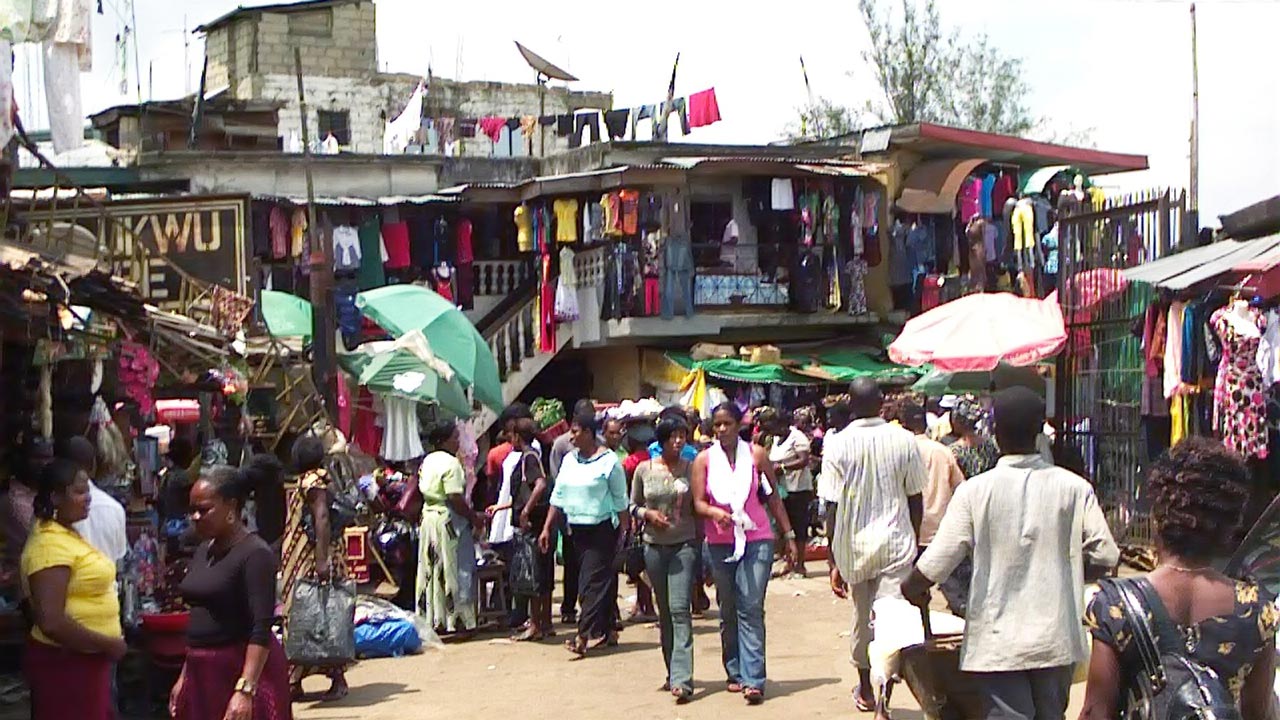The Federal Government, on Monday, November 28, 2022, assured the citizens that the country had enough to eat and there would be no shortage of food.
Mohammad Abubakar, the minister of Agriculture and Natural Resources, gave the assurance on Monday in Abuja at the fifth edition of the President Muhammadu Buhari administration Scorecard 2015-2017 series.
The News Agency of Nigeria, NAN, reports the scorecard series is organised by the Ministry of Information and Culture to showcase the achievements of President Buhari’s Administration in over seven years of being in office.
Responding to questions after his presentation, Abubakar said the inflationary trend, a global phenomenon, and the flood disaster notwithstanding, the country would not experience food shortage.
“Absolutely, we have enough to eat in this country, there is no shortage of food.
“There can be an increase in prices Yes, it is better to have inflation than to have no food.
“We are self-sufficient in rice and we are the number one producer of rice in Africa and number four in the world.
“We are also the number one producer of cassava and yam as well as the number two producer of sorghum after America and number three producer of millet.
“We have enough to eat and we will continue to have enough to eat,’’ he stressed.
The minister said the inflationary trend the country was witnessing was not peculiar to Nigeria but a global crisis.
He attributed climate change and the effects of the COVID-19 pandemic and the Ukraine-Russia war as among the reasons for global inflation.
`Three weeks ago a friend of mine living in London, said to me that it usually costs him like five pounds to fuel his car for a week.
“He said now it is costing him about 100 pounds to fuel the same car for one week,’’ he said.
On the destruction caused by flooding to many farmlands, the minister said farmers were embarking on aggressive dry season planting to mitigate the effects.
He said the ministry was already distributing fast-growing seeds in areas where flood waters had receded and the moisture there would assist the plants to grow rapidly.
The minister added that they had harnessed some of the flood water which would be used for the dry season farming.
Food Crisis Looming In Nigeria – House Of Reps
The House of Representatives has raised the alarm over the looming food shortage in Nigeria, calling on the Federal Government to initiate emergency preventive measures.
At the plenary on Wednesday, July 27, 2022, the House particularly urged the Presidency, the Ministry of Agriculture, and the National Emergency Management Agency to “begin to make arrangements to mitigate the emerging food challenge.”
The House also mandated its relevant committees to interface with the appropriate ministries and agencies as well as the international development partners to “begin the process of establishing and implementing protocols to manage food resources and mitigate the food crisis.”
These resolutions were sequel to the unanimous adoption of a motion of urgent public importance sponsored by Messrs Rimamnde Shawulu and Solomon Bob, titled ‘Urgent Need to Emplace Emergency Programmes and Protocol for the Impending Food Shortages.’
Moving the motion, Shawulu noted that the world is apprehensive of an impending massive shortage of food and possible famine.
The lawmaker also noted that while the current impending food shortage is directly related to the Ukraine/Russia war, which he said had impacted negatively on the supply of grains and fertilisers, some areas have remained under armed conflicts.
He stressed that next to petroleum products, Nigeria’s highest import bill is on food, which he said was becoming costlier around the world “and our economic outlook, especially the debt-revenue ratio, may not be able to support the needed massive importation of food.”
According to Shawulu, a recently released Central Bank of Nigeria report showed that Nigeria’s food import bill increased by 45 percent to $2.71 billion in 12 months, in 2021.
The lawmaker also made reference to various reports by different multilateral and international organisations “which show that a very significant population of Nigeria will face acute shortage and possible famine in the year 2022.”
He noted that so far, the attention of the international community is directed at the dire needs arising from the conflicts in the Northeast, which has been the pledges and donations.
Shawulu said, “The House notes that in the new projection at least 16 states and the Federal Capital Territory will face a major food crisis in the year 2022. These states include Abia, Adamawa, Benue, Cross Rivers, Edo, Enugu, Gombe, Jigawa, Kaduna, Kano, Katsina, Kebbi, Lagos, Niger, Plateau, Sokoto, Taraba, Yobe, and Zamfara.
“The House is cognisant of the fact that terrorists often lay siege to farms, kidnap farmers, sack villages and force farmers to pay ransom or some fees before accessing their farms. Many farming communities have abandoned their farms and are seeking refuge in urban centres and Internally Displaced Persons camps.
“The House is concerned that should no proactive actions be taken now, the impending hunger and food shortages will worsen Nigeria’s security situation.”







